An online bachelor’s in clinical psychology is an excellent option for students seeking an accessible entry to various rewarding careers, whether they’re just starting or transferring in. With a bachelor’s degree, you can pursue roles such as social services assistant, earning a median salary of $41,410; community health worker, with a median salary of $48,200; or even pivot to HR as an entry-level specialist, making a median salary of $67,650. You can become a licensed psychologist with further education, earning a median salary of $92,740.
This degree is a great way to kickstart your education in the field. It can be completed in four years of full-time study, with an average annual tuition cost of $14,688.
Why Trust Us
The Intelligent.com Higher Education Team is dedicated to providing students with independent, equitable school and program rankings and well-researched resources. Our expert-driven articles cover topics related to online colleges and programs, paying for school, and career outlooks. We use data from the U.S. Department of Education’s College Scorecard, the National Center for Education Statistics, and other reputable educational and professional organizations. Our academic advisory team reviews content and verifies accuracy throughout the year for the most current information. Partnerships do not influence rankings or editorial decisions.
- Analyzed over 2,000 national, accredited, and nonprofit colleges and universities
- 800+ rankings pages are reviewed and updated yearly
- Content is informed by reputable sources, surveys, and interviews with academic advisors and other experts
- Over 100 data points are reviewed for accuracy and quality throughout the year, including sources
How we rank schools
Our list features the best online Clinical Psychology degree programs at top colleges nationwide. Each school featured is a nonprofit, accredited institution — either public or private — with a high standard of academic quality for post-secondary institutions.
We evaluated each school’s program on tuition costs, admission, retention and graduation rates, faculty, reputation, and the student resources provided for online students. We collected data from trusted sources like the National Center for Education Statistics, individual school and program websites, school admissions counselors, and other data sources. Then, we calculated the Intelligent Score on a scale of 0 to 100 based on the following criterion:
Academic Quality:
- Admission rate versus enrollment rate
- Retention rate of students who return after year one
- Accreditation status (regional and programmatic)
- Nonprofit status, both private and public institutions
Graduation Rate
- Overall graduation rate
- Total number of currently enrolled students, including diversity metrics
- Student-to-faculty ratio
Cost and ROI
- In-state and out-of-state per-credit tuition rates and fees
- Required credits to graduate
- Earning potential after graduation
- Availability of federal student loans, scholarships, and other financial aid options
Student Resources
- Available student services for online-only and hybrid programs
- On-campus amenities like tutoring centers and the number of libraries
Read more about our ranking methodology.
Best 11 Accredited Online Bachelor’s in Clinical Psychology Programs
FiltersInstitution Type
Status
- Intelligent Score
- Alphabetically By University Name
- Acceptance Rate
- Enrollment
- In-state Graduate Tuition
- Out-of-state Graduate Tuition
- In-state Undergraduate Tuition
- Out-of-state Undergraduate Tuition
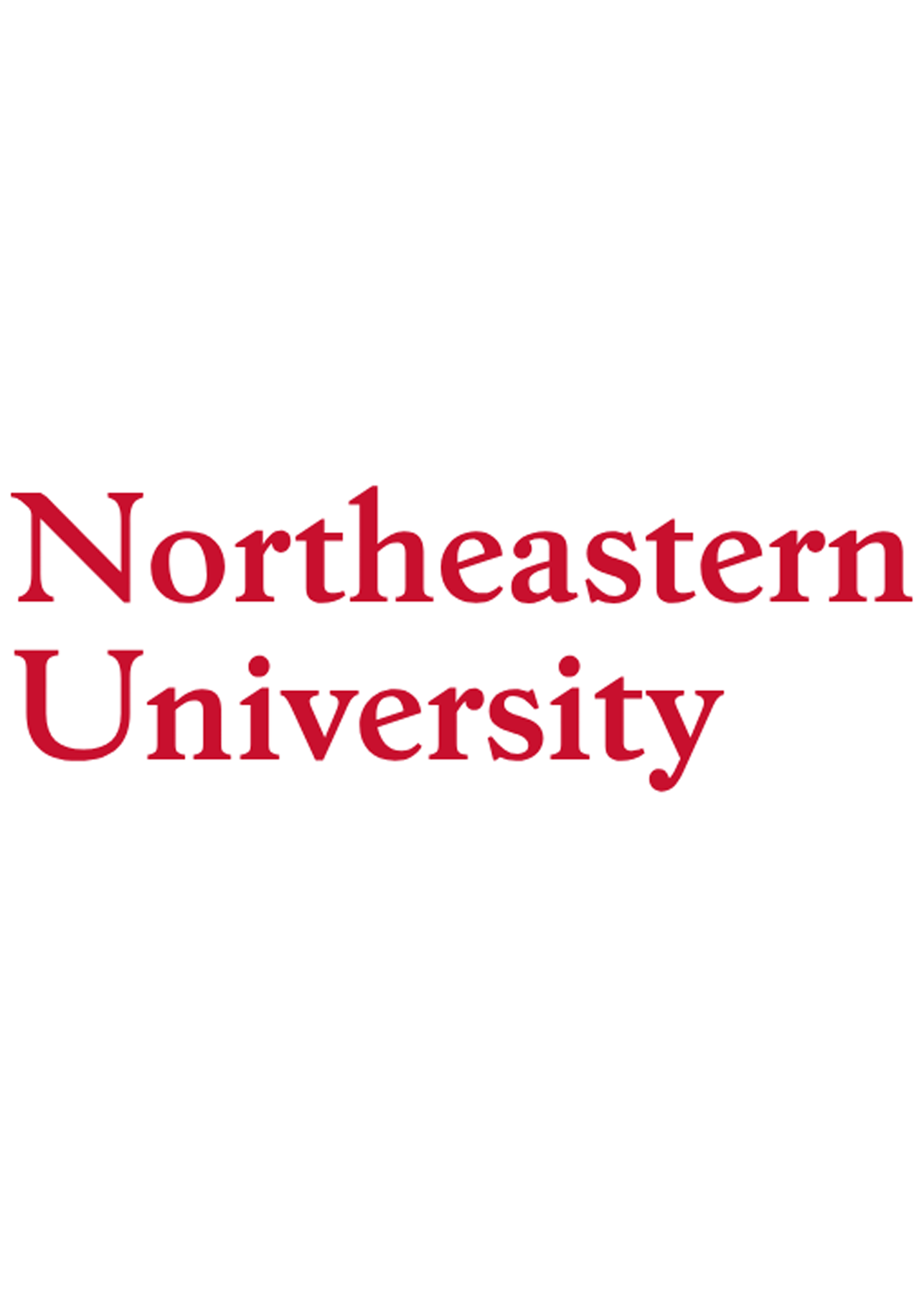
Northeastern University
Intelligent Score: 98.52In-state: $54,360
Out-of-state: $54,360
In-state: $25,264
Out-of-state: $25,264
SAT: 1410-1540
ACT: 33-35
$541
Online
New England Commission of Higher Education
120

University of Central Florida
Intelligent Score: 96.66In-state: $4,478
Out-of-state: $19,810
In-state: $6,916
Out-of-state: $6,916
SAT: 1160-1340
ACT: 25-30
In-State: $179
Out-of-State: $715
Online
Southern Association of Colleges and Schools Commission on Colleges
120
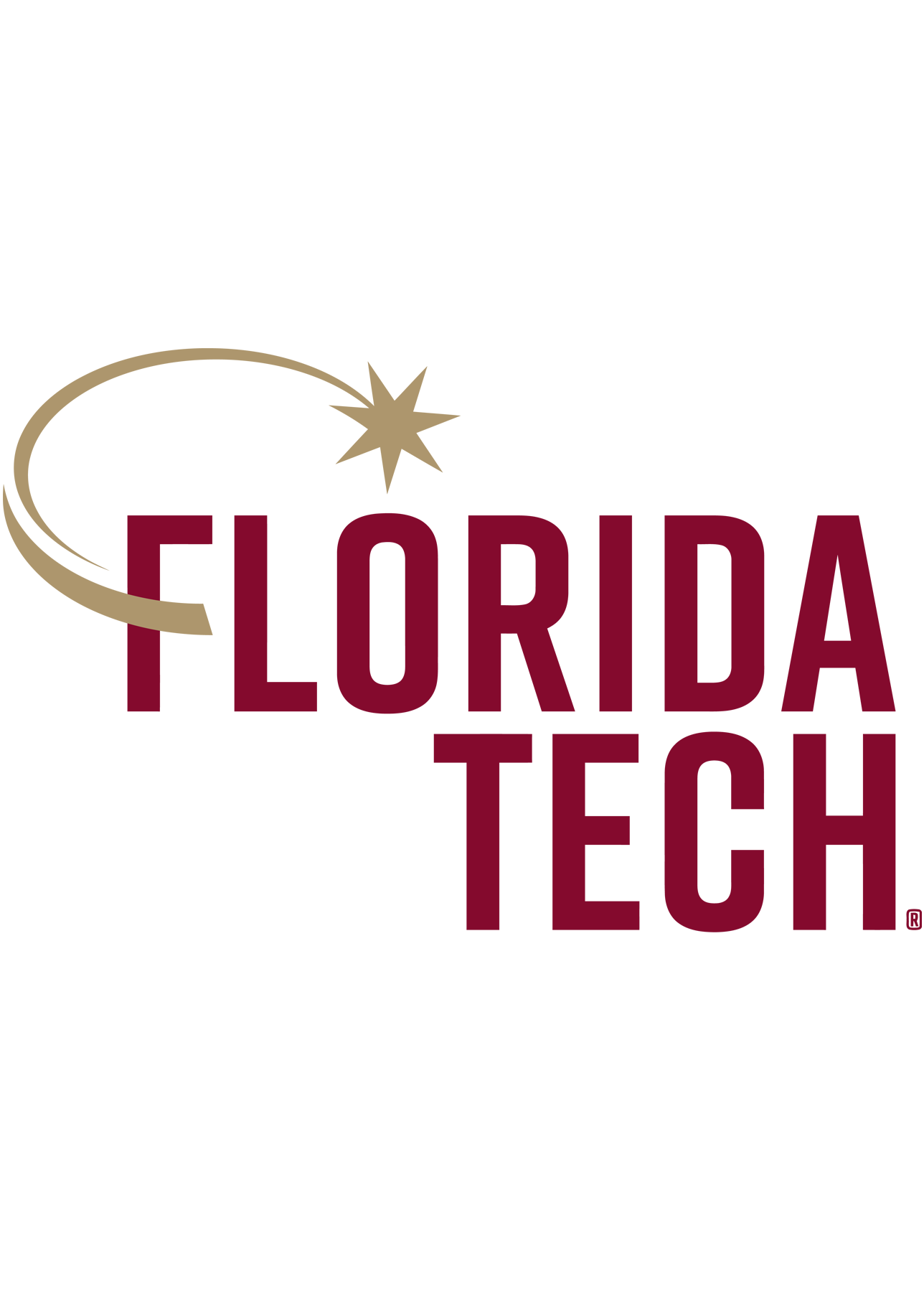
Florida Tech
Intelligent Score: 95.56In-state: $42,346
Out-of-state: $42,346
In-state: $22,338
Out-of-state: $22,338
SAT: 1130-1330
ACT: 23-30
$520
Online
Southern Association of Colleges and Schools Commission on Colleges
121

Franciscan University of Steubenville
Intelligent Score: 95.15In-state: $29,720
Out-of-state: $29,720
In-state: $12,600
Out-of-state: $12,600
SAT: 1070-1290
ACT: 22-29
$600
Online
Higher Learning Commission
120-124
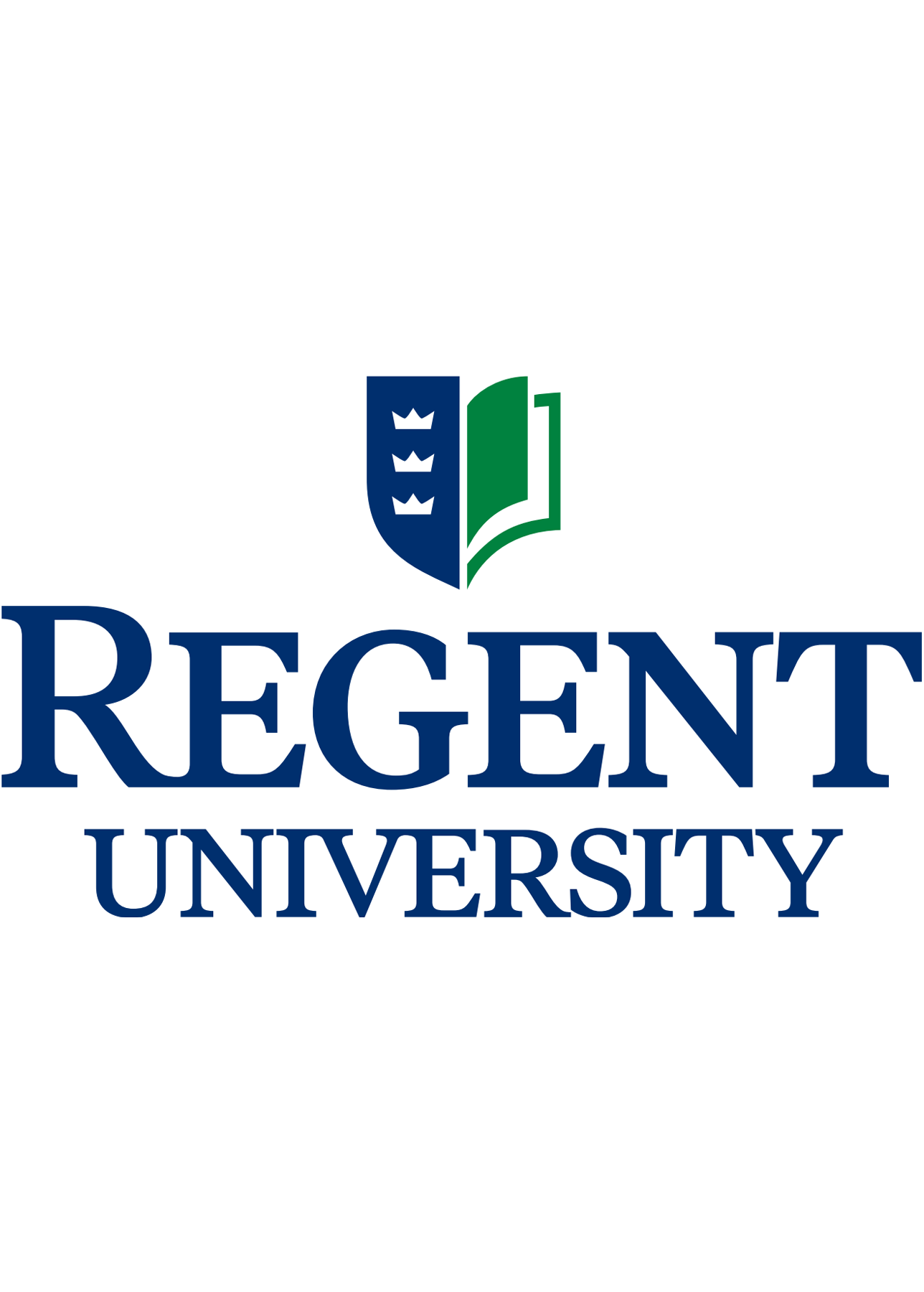
Regent University
Intelligent Score: 95.05In-state: $17,220
Out-of-state: $17,220
In-state: $15,552
Out-of-state: $15,552
SAT: 940-1220
ACT: 21-29
$395
Online, On-Campus
Southern Association of Colleges and Schools Commission on Colleges
120
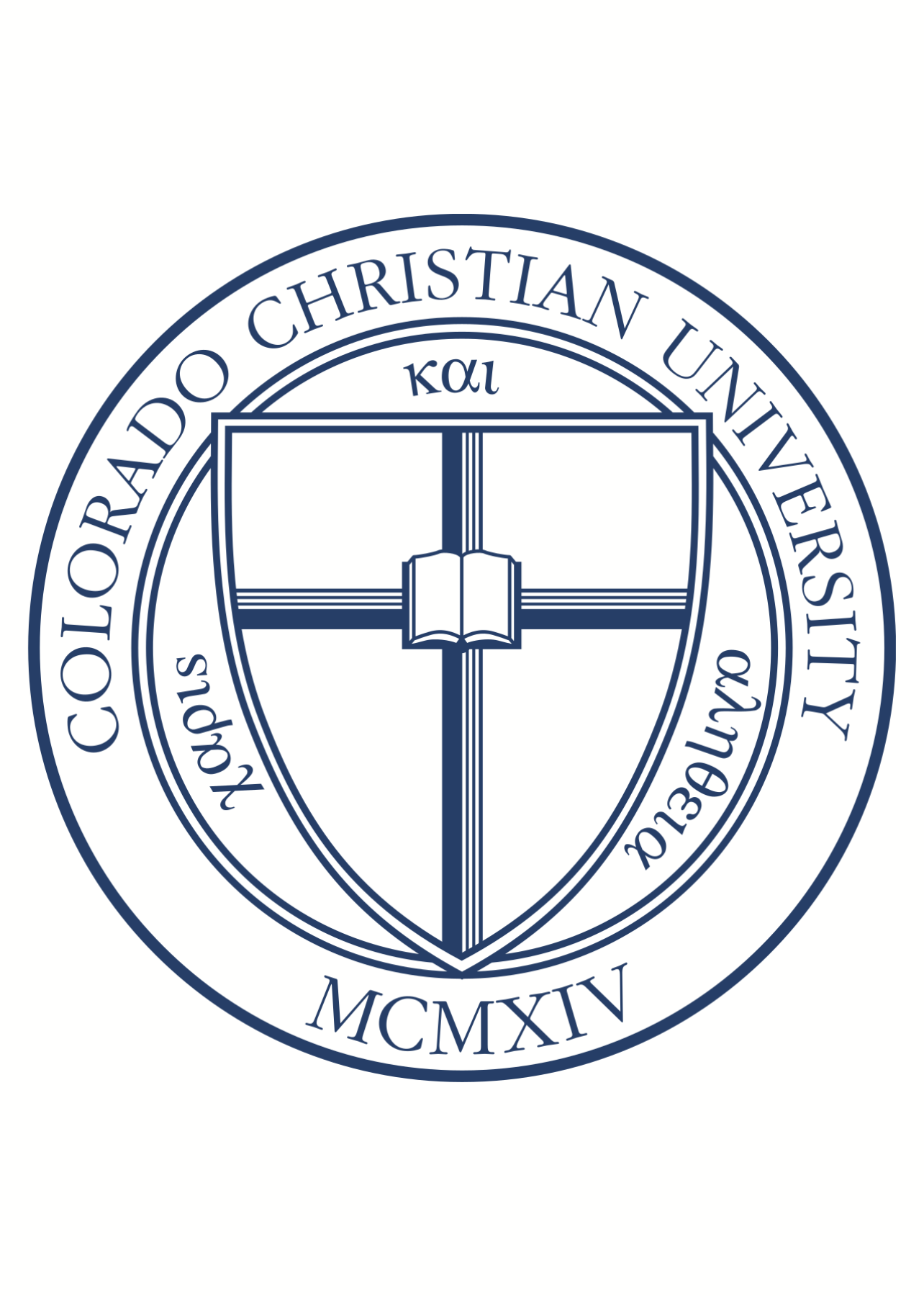
Colorado Christian University
Intelligent Score: 92.77In-state: $24,160
Out-of-state: $24,160
In-state: $13,474
Out-of-state: $13,474
SAT: N/A
ACT: N/A
$494
Online
Higher Learning Commission
120

Saint Leo University
Intelligent Score: 92.42In-state: $23,990
Out-of-state: $23,990
In-state: $14,568
Out-of-state: $14,568
SAT: N/A
ACT: N/A
$425
Online
Southern Association of Colleges and Schools Commission on Colleges
120
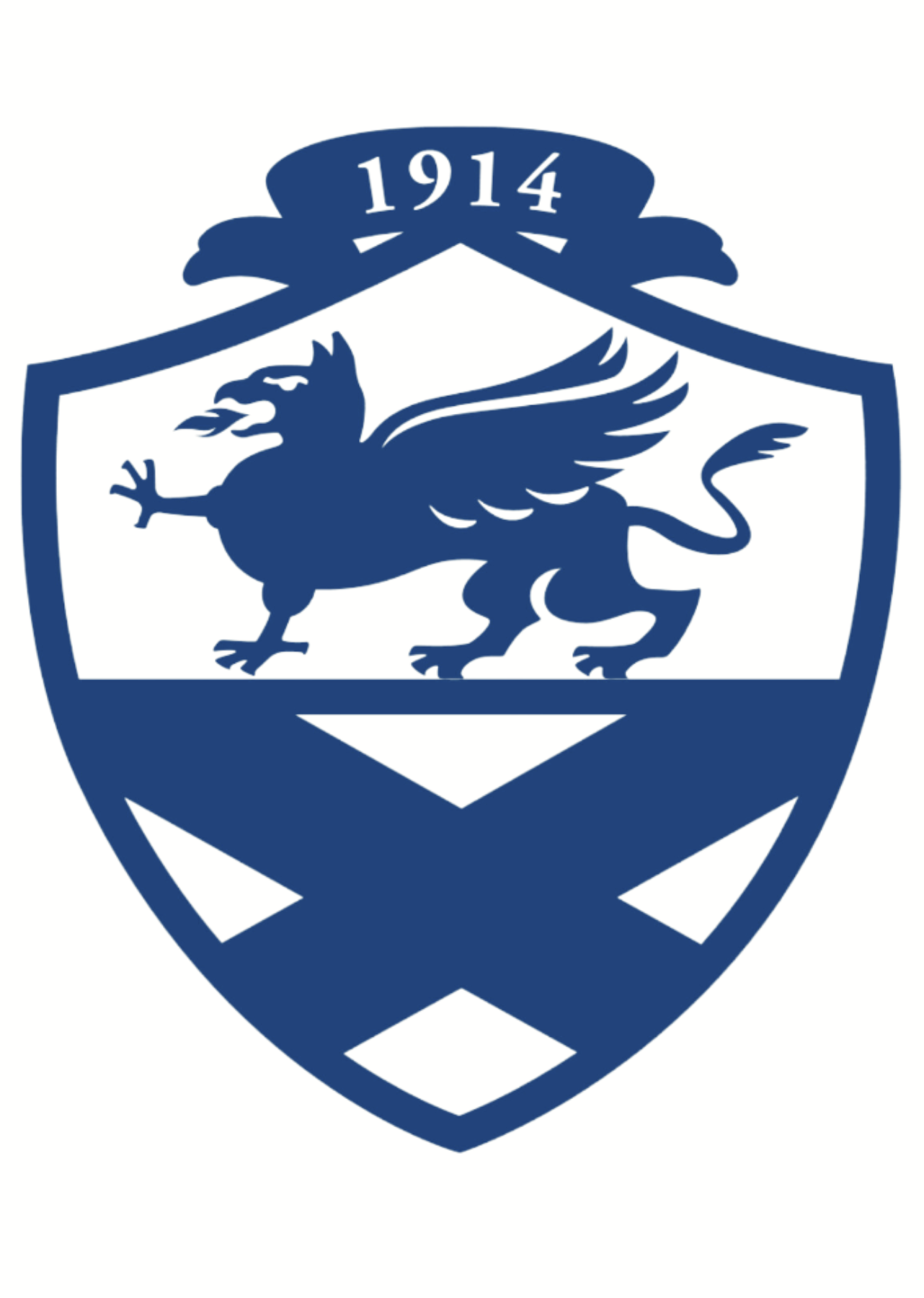
Johnson & Wales University
Intelligent Score: 90.97In-state: $34,376
Out-of-state: $34,376
In-state: $14,148
Out-of-state: $14,148
SAT: N/A
ACT: N/A
$495
Online, On-Campus
New England Commission of Higher Education
120
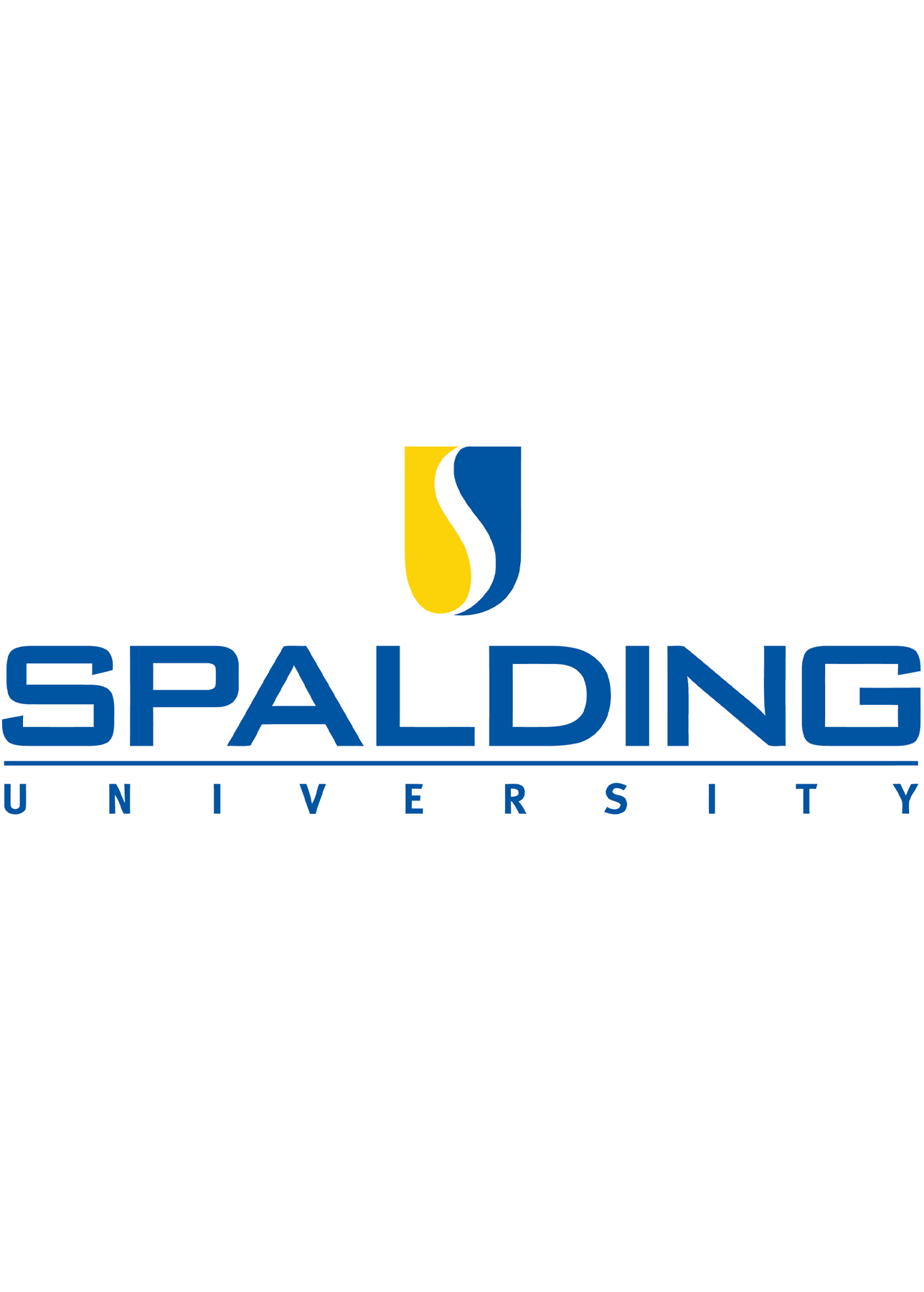
Spalding University
Intelligent Score: 90.51In-state: $25,800
Out-of-state: $25,800
In-state: $12,186
Out-of-state: $12,186
SAT: 896-1103
ACT: 16-23
$490
Online, On-Campus
Southern Association of Colleges and Schools Commission on Colleges
120
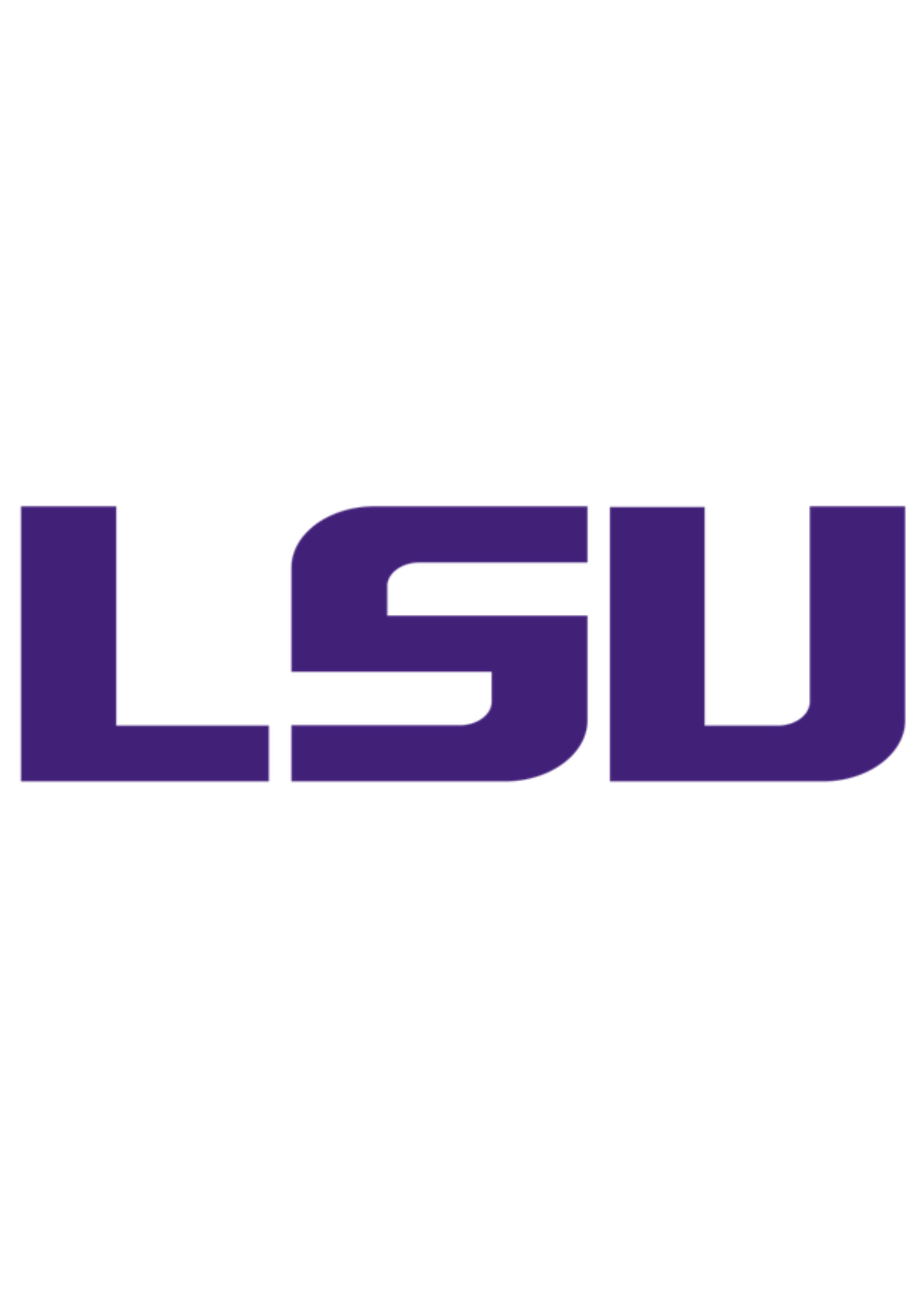
LSU of Alexandria
Intelligent Score: 89.61In-state: $8,038
Out-of-state: $8,038
In-state: $9,132
Out-of-state: $9,132
SAT: 1090-1300
ACT: 23-28
$267
Online
Southern Association of Colleges and Schools Commission on Colleges
120

Metropolitan State University of Denver
Intelligent Score: 88.78In-state: $7,236
Out-of-state: $22,510
In-state: $9,054
Out-of-state: $9,054
SAT: 870-1090
ACT: 14-20
Resident: $411
Non-Resident: $919
Online, On-Campus, Hybrid
Higher Learning Commission
120
How to Choose an Online Bachelor’s in Clinical Psychology Program
Choose your area of study
Clinical psychology is already a niche field, but you can still focus your studies on a particular area to align your education with your career. Consider asking yourself these questions:
- Which demographic am I passionate about helping?
- What specific mental health issues interest me?
- Where do I see myself in five years?
Demographics may include options like children, adults, or the elderly, while mental health issues could consist of anxiety, trauma, or substance abuse. Similarly, your career goals also play a significant role here — with different options available depending on whether you see yourself in research, clinical practice, or community outreach.
Research schools and programs
With your area of study in mind, you can begin researching schools and programs that support your interests. You may come into this process with a few questions of your own, but here are some additional ones to consider:
- Is the program accredited?
- What are the faculty qualifications?
- Are there courses or electives in my area of interest?
- What is the average class size and student-to-faculty ratio?
- What support services are available for online learners?
Most of this information is readily available on program websites, but you’ll also benefit from speaking to an admissions counselor or attending an information session.
Prepare for tests and applications
After conducting your research, you can take your shortlist of programs and start preparing for tests and applications. Begin by requesting transcripts and letters of recommendation to avoid any last-minute issues. Then, set aside plenty of time to write your personal statement or essay responses, illustrating your enthusiasm and suitability for the program to make a strong impression on admissions committees. Enroll in an SAT or ACT prep program to boost your performance for programs requiring test scores.
Select your program
The arrival of acceptance letters is always exciting, but it can quickly become overwhelming if you receive more than one. Revisit your initial criteria to evaluate each program based on the factors most important to you — like accreditation status, the faculty you’ll learn from, and curriculum relevance.
Reassess the total cost of attendance, factoring in tuition and fees, and compare these figures with any financial aid offers. Specifically, prioritize financial aid that doesn’t need to be repaid — like scholarships and grants — as this can significantly offset costs.
Determine how you’ll pay for your degree
When it comes to paying for your degree, start by submitting the FAFSA to access federal aid. You’ll also want to apply for institutional and external scholarships and grants to reduce costs.
If you’re seeking part-time work, a work-study program can provide resume-boosting employment while you earn funds to pay for your education. For those already employed in a related field, ask if your employer offers tuition reimbursement.
Federal loans can be a viable option for any remaining financial gaps, but try to minimize debt by borrowing only what you need.
What Can You Expect From an Online Bachelor’s in Clinical Psychology Program?
By earning your online bachelor’s in clinical psychology, you’ll gain foundational knowledge in human behavior, mental health, and psychological research methods. The most innovative curriculums cover abnormal psychology, developmental psychology, and cognitive processes. Some may require a capstone project or thesis, which allows you to conduct research or engage in practical application of your studies. These requirements can be educational game-changers, as they notably improve critical thinking and research skills and provide resume-boosting practical experience.
While a doctorate is necessary to become a clinical psychologist, this degree serves as an essential stepping stone, offering a thorough understanding of psychological principles. In just three to four years, you’ll be one step closer to pursuing further education in this field or entry-level positions in mental health services or research.
Potential courses you’ll take in an online bachelor’s in clinical psychology program
- Abnormal Psychology: This essential course explores different mental disorders, their symptoms, causes, and treatment options. Students will learn to identify and understand psychological conditions like anxiety, depression, and schizophrenia.
- Developmental Psychology: In this course, students focus on key developmental stages from infancy to adulthood, focusing on cognitive, emotional, and social development. They carefully examine the psychological growth and changes throughout a person’s lifespan.
- Cognitive Psychology: This class delves into the mental processes involved in perception, memory, learning, and problem-solving. Participants gain insights into how people process information and how cognitive function influences behavior.
- Research Methods in Psychology: Students learn the principles and techniques of psychological research, including experimental design, data collection, and statistical analysis. This class emphasizes critical thinking and scientific inquiry in studying human behavior.
- Psychology of Personality: This course examines theories and research related to personality development and individual differences. Learners explore how personality traits influence behavior and the factors contributing to personality formation.
Online Bachelor’s in Clinical Psychology Degree Frequently Asked Questions
How do I apply to an online bachelor's in clinical psychology degree program?
Many online bachelor’s in clinical psychology degree programs offer a relatively straightforward application process. While some admission requirements may vary, most share a similar set of standard criteria, including:
- High school diploma or equivalent
- Transcripts from all previously attended institutions
- Personal statement or essay
- Letters of recommendation
- ACT or SAT scores, if required
Speaking with an admissions counselor before applying is crucial to ensure you meet all requirements and get more advice on strengthening your application.
How much does an online bachelor's in clinical psychology degree cost?
The average annual tuition for an undergraduate degree is $14,688. This figure can fluctuate based on factors like residency status, whether you enroll part-time or full-time, and even the institution’s reputation.
As an online student, you’ll also want to budget for additional expenses like technology fees, alongside expenses you’d encounter regardless of enrollment status, like textbooks and course materials. This will give you a better idea of the total investment required.
How long does it take to earn an online bachelor's in clinical psychology degree?
Earning this degree takes four years for full-time students and around six years for part-time students. It’s important to note, though, that your completion time will vary based on your personal commitments, with some online programs offering accelerated options or more flexible pacing.
Be sure to double-check total credit requirements, as these can vary by program and impact how long it takes to graduate. Generally speaking, the more credits required, the longer it’ll take to complete.

